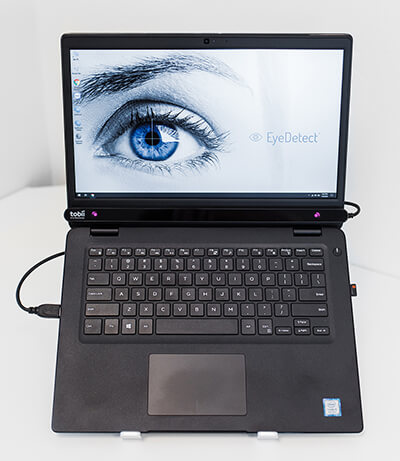Integrity tests are 37 to 64% accurate. Do you want to bet your next hire on that statistic? EyeDetect is 88% accurate. The eyes don’t lie.
How EyeDetect Can Make A Difference


Why Are Integrity Tests Used?
Integrity tests are commonly used because they are relatively quick and inexpensive. They usually take about 30 minutes to administer and are priced at a fraction of a polygraph test.
Similarly, An EyeDetect pre-employment screening test takes about 30 minutes. Although the cost is slightly higher than an integrity test, it is 88% accurate.
This means that EyeDetect will allow organizations to screen less people to find sufficient numbers of candidates.




